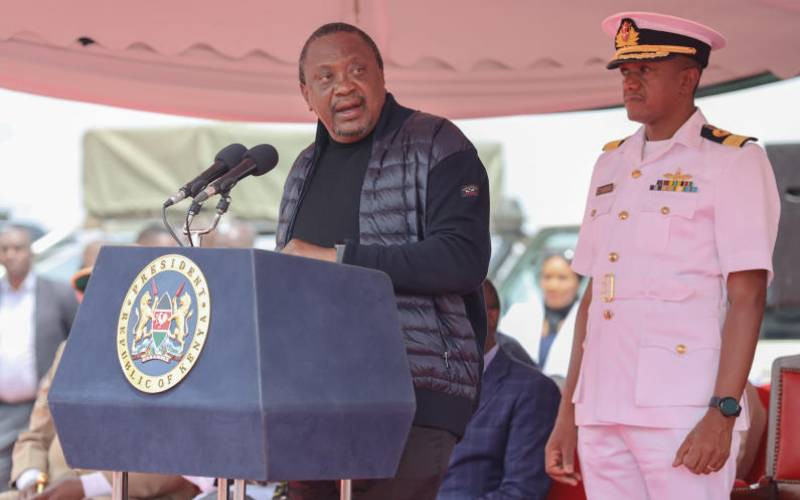×
The Standard e-Paper
Stay Informed, Even Offline

President Uhuru Kenyatta's indictments by the International Criminal Court (ICC) strained his relationship with civil society.
Although the frosty relations began before the 2013 General Election, they got worse just after the President and his deputy William Ruto were sworn in for their first term.